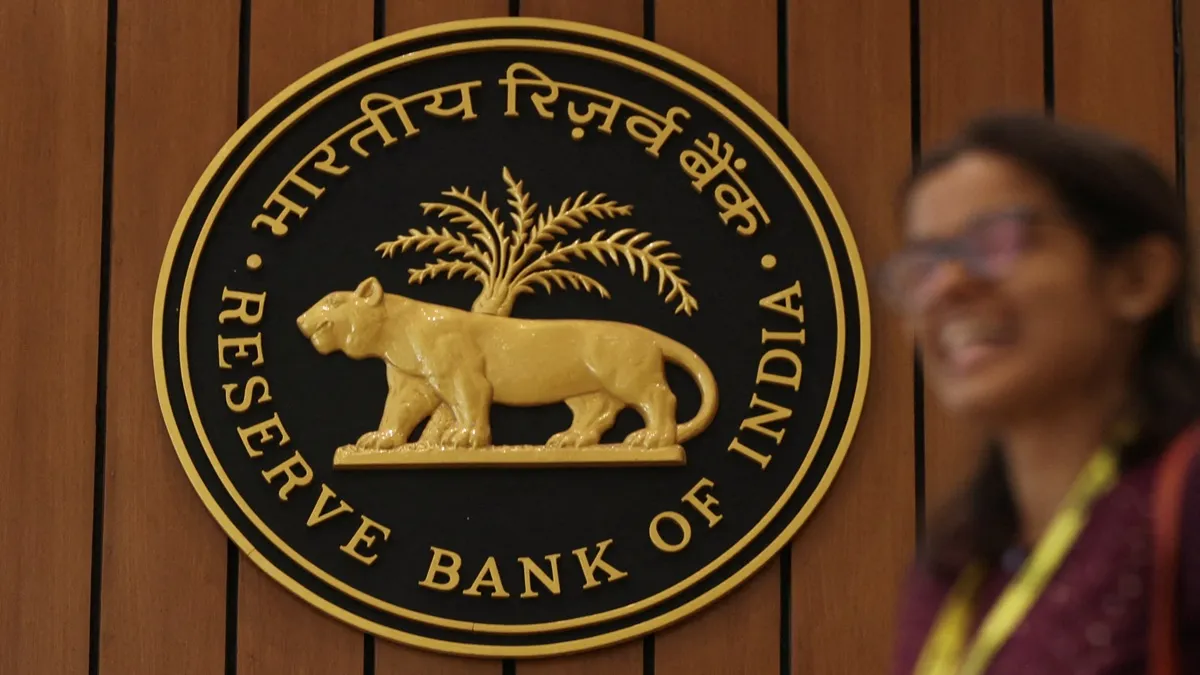- By Soumyaroop Mukherjee
- Fri, 24 Oct 2025 06:39 PM (IST)
- Source:JND
Bank Rule Change: In a major overhaul to the Banking sector, the Reserve Bank of India (RBI) has announced a series of new rules under its new ‘Draft 238’. The RBI has asked for public recommendations in relation to the new rules till November 10.
Former RBI Governor R. Gandhi said, quoted jagran.com, “This is the first time a draft has been issued seeking public input regarding regulatory reforms.” The new rules will be effective from the beginning of 2026.
What Are The New Rules As Part Of Draft 238?
As per the new rules, the following laws will be applicable to the banks:
Cyber Fraud: If a person is trapped in a cyber fraud, then he/she will have a three-day window to alert the bank. If the bank does not take action even after the intimation, it will have to pay a fine of Rs 25,000. This rule has been introduced to make the banks more accountable to the public.
KYC Update: Accounts with no risk have to update their KYC once in 10 years, those with moderate risk once in 8 years, and those with high risk have to update it once in 2 years. Additionally, banks have to conduct KYC themselves and not through any third party.
CIBIL Score: To improve the CIBIL score, payment and defaults will now be reflected by the 15th of every month. Earlier, the time period was 90 days for the same.
Lockers: In case of theft, damage, or loss of valuables kept in lockers, the concerned bank will be liable to compensate the customer up to 100 times the rent compensation. Currently, there is no accountability of the banks in this regard.
Loan Details: Banks have been instructed to provide details about interest, fees, and penalties when giving a loan. Earlier, this information was often vague, resulting in the customers paying hidden charges.
Higher Down Payments: Home loans over 20 lakh rupees will only be eligible for a down payment of up to 80 per cent of the loan amount. Till now, the limit for all loans was 90 per cent. This change means customers will have higher down payments.
Short-Term Loans: Loans with shorter tenures, less than three years, will not be available below the Marginal Cost of Funds-Based Lending Rate (MCLR). MCLR is the minimum interest rate that a bank can lend, introduced by the Reserve Bank of India (RBI) to make lending rates more transparent and improve the transmission of policy rates.
Loan Interest: The interest calculated on loans will be determined using a unified formula applicable across banks rather than separate rates of different banks.
Early Loan Repayment: Prepayment fees have been eliminated for all loan types. This change expands the previous exemption, which only covered retail loans, making it simpler for customers to pay off their loans ahead of schedule.
Loan Documents: Banks must return the documents of the customers within 30 days of the loan repayment. Failure to return the document will lead to a penalty of Rs 5,000 per day.
Unclaimed Deposits: The process for refunding customer deposits has been streamlined. Banks have been instructed to refund the unsettled deposits directly to the customers and then collect the amount from the RBI. This replaces the previous system, where the funds were first deposited into the RBI fund, making it easier and faster to process your refund.
Seized Properties: Properties seized by government agencies will be displayed and updated on the official website every month, thereby ensuring transparency.
Senior Citizen: According to new regulations, banks will offer doorstep services to those over 70.
Asset Declaration: All private bank employees will be required to declare their assets. Previously, this was only applicable to government banks. This change will increase transparency and accountability.
Ban on Lotteries/Chit Funds: All transactions about lotteries and chit funds have been blocked by banks to prevent scams.

